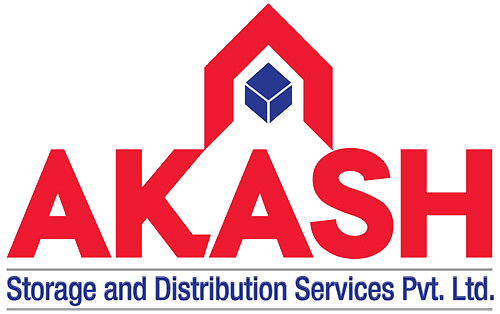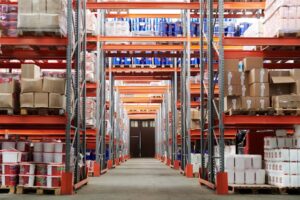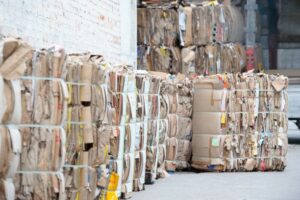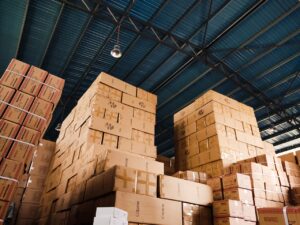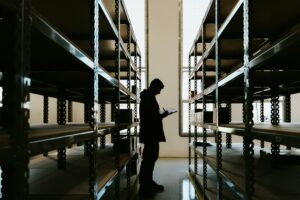In the fast-paced world of logistics and supply chain management, sustainability has emerged as a critical consideration. As businesses become increasingly conscious of their environmental footprint, there is significant pressure to adopt sustainable practices throughout their operations. One key player in this endeavor is the third-party logistics provider (3PL). Let’s delve into four ways 3PL companies contributes to sustainability efforts:
1. Optimizing Transportation Networks
Transportation is a significant contributor to carbon emissions in the supply chain. By optimizing transportation networks, 3PL companies helps reduce the environmental impact associated with moving goods from point A to point B. Utilizing advanced technologies such as route optimization software, real-time tracking, and data analytics, 3PL companies identifies the most efficient routes, modes of transportation, and consolidation opportunities. By minimizing empty miles, reducing fuel consumption, and improving vehicle utilization, transportation optimization not only lowers costs but also reduces greenhouse gas emissions. Moreover, by leveraging a network of carriers, warehouses, and distribution centers, 3PL companies offers multimodal solutions that enhance sustainability by combining road, rail, sea, and air transport in the most eco-friendly manner possible.
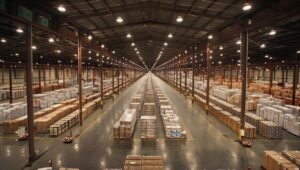
2. Implementing Green Warehousing Practices
Warehousing operations are another area where 3PL companies drives sustainability initiatives. Green warehousing practices focus on reducing energy consumption, minimizing waste, and maximizing resource efficiency. 3PL companies introduces environmentally friendly measures such as LED lighting, motion sensors, and smart HVAC systems to reduce energy usage in warehouses. Additionally, by adopting recycling programs, optimizing inventory management, and implementing packaging redesign strategies, 3PL companies minimizes waste generation and promotes circular economy principles. Furthermore, incorporating renewable energy sources such as solar panels and wind turbines helps warehouses become more self-sufficient and reduce their reliance on non-renewable energy sources. By transforming warehouses into green facilities, 3PL companies not only lowers operational costs but also contributes to a healthier planet.
3. Promoting Supplier Collaboration and Transparency
Building a sustainable supply chain requires collaboration and transparency across the entire network of suppliers, manufacturers, distributors, and retailers. 3PL companies acts as a facilitator in fostering closer relationships between stakeholders and promoting sustainable practices throughout the supply chain. Through supplier audits, performance evaluations, and compliance monitoring, 3PL companies ensures that suppliers adhere to environmental standards, ethical labor practices, and regulatory requirements. By promoting transparency and visibility, 3PL companies enables businesses to make informed decisions based on environmental and social considerations. Additionally, by encouraging innovation and knowledge sharing among supply chain partners, 3PL companies drives continuous improvement and encourages the adoption of sustainable technologies and practices across the entire ecosystem.
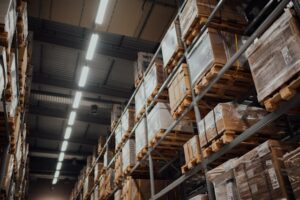
4. Embracing Digitalization and Innovation
Digitalization and innovation are key enablers of sustainability in the supply chain. By embracing technology and leveraging digital solutions, 3PL companies optimizes processes, streamlines operations, and reduces resource consumption. Cloud-based platforms, Internet of Things (IoT) devices, and blockchain technology enhance visibility, traceability, and accountability within the supply chain. For instance, blockchain can be used to create transparent and immutable records of product origins, certifications, and environmental impacts, enabling businesses to make informed decisions. Furthermore, by investing in automation, robotics, and artificial intelligence (AI), 3PL companies increases efficiency, accuracy, and productivity while minimizing labor and energy inputs. By staying at the forefront of technological advancements, 3PL companies drives innovation and leads the way towards a more sustainable future.
Conclusion
3PL companies plays a crucial role in building a sustainable supply chain by optimizing transportation networks, implementing green warehousing practices, promoting supplier collaboration and transparency, and embracing digitalization and innovation. By leveraging their expertise, resources, and industry partnerships, 3PL companies helps businesses reduce their environmental footprint, enhance operational efficiency, and meet the growing demand for sustainable products and services. In today’s interconnected world, sustainability is not just a choice but a necessity, and 3PL companies is well-positioned to drive positive change across the supply chain landscape.
